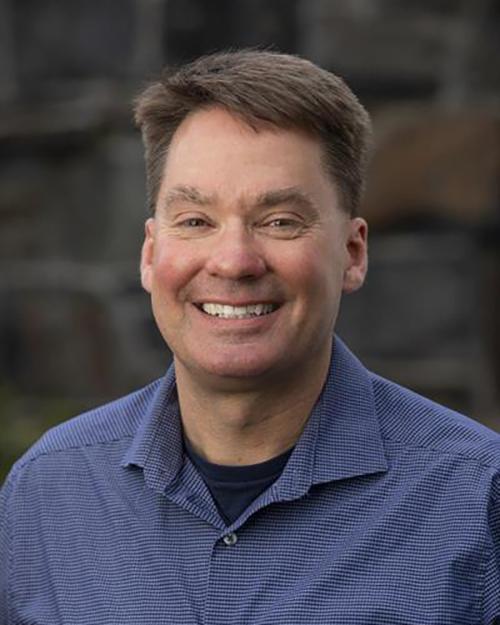
VERSE 2024 Faculty
Biology

Mitch McVey
Professor
Defects in DNA repair pathways can lead to genetic diseases, cancers, and aging. VERSE students will collaborate with a team of graduate and undergraduate students in our lab on projects investigating how organisms repair and tolerate different types of DNA damage. Projects will involve research with Drosophila and the application of molecular genetic tools. Applicants should have completed a college-level introductory biology class and preferably a genetics course.
Chemical and Biological Engineering
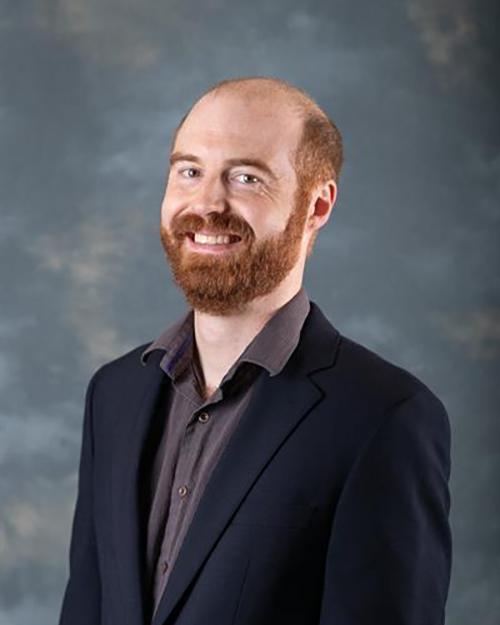
Graham Leverick
Visiting Assistant Professor
Students will conduct fundamental research to enable the development of novel liquid electrolytes for next generation batteries. Projects can include probing the molecular processes occurring during the solvation/desolvation of ions at the interface with the electrode, as well as how the decomposition of the electrolyte gives rise to the solid electrolyte interphase - a critical component in determining the performance of many different battery chemistries. Work will be largely experimental in nature with the opportunity to learn various advanced characterization techniques.
Chemistry
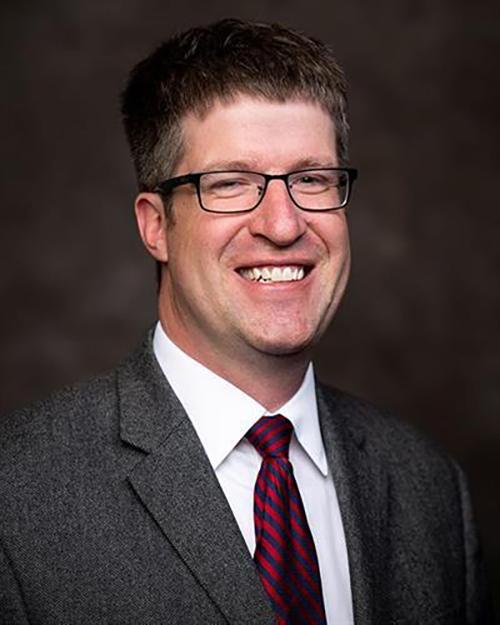
Samuel Thomas
Professor and Dean of Academic Affairs
Our research group focuses on the physical organic chemistry of new organic materials. Students learn synthesis, characterization, spectroscopy, kinetics, and other approaches important at this interface of fundamental and applied science. One semester of organic chemistry required.
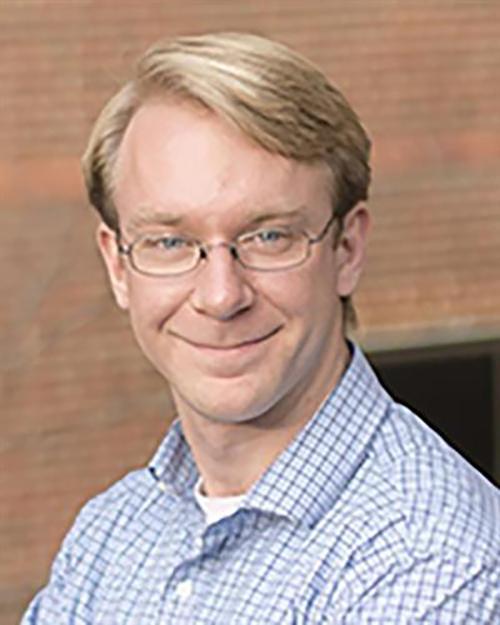
Luke Davis
Assistant Professor
Making iron from iron oxide ore by reduction with carbon produces 4% of the world's carbon dioxide emissions. VERSE students will work with a team of researchers in this lab on projects investigating alternative reducing agents to enable zero-emissions ironmaking. Students will use a combination of inorganic and materials synthesis and characterization techniques, including electron microscopy, to conduct this research. Students should have completed general chemistry (both laboratory and classroom).
Classical Studies
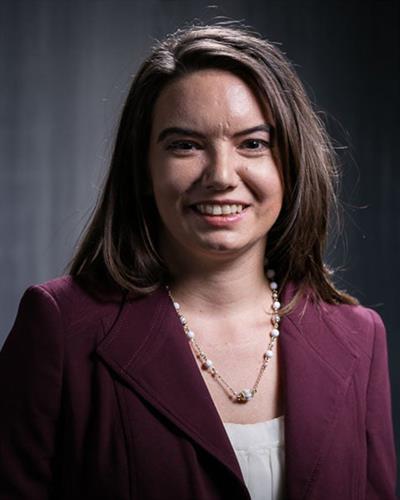
Marie-Claire Beaulieu
Associate Professor
This research project involves encoding and pursuing research on Greek mythology for the Digital Glossary of Greek Birds. Students should be familiar with either Greek or Latin, and will gain experience with digital humanities and research methods in classical studies. Thanks to the work of previous VERSE students, we are now poised to move forward with analysis and publication. In addition to encoding and data entry, interns will have the opportunity to participate in designing the platform for the publication of results.
Computer Science
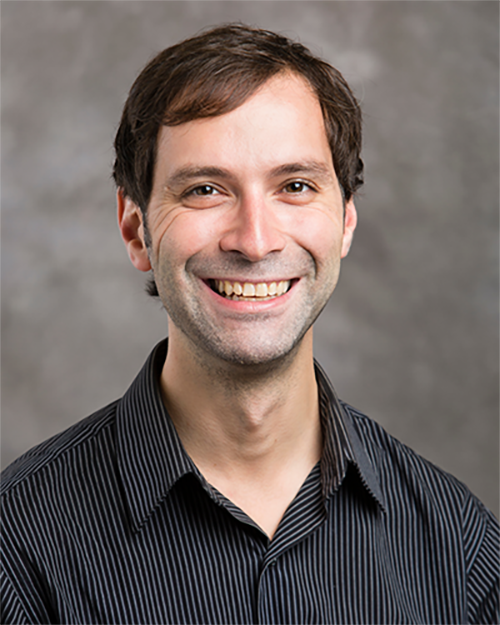
Jivko Sinapov
Assistant Professor, Computer Science
Assistant Professor, Mechanical Engineering
Each summer, several undergraduate students participate in summer research projects at the Multimodal Learnning, Interaction, and Perception (MuLIP) lab. For first-time students in the lab, we identify a research/engineering project topic during the first week, followed by specific tutorials and learning experienced based on the project's topic. Students often work closely with PhD and MS students or other undergraduates who have been in the lab for longer and are leading their own project. The only prerequisite is strong interest in robotics and artificial intelligence and being in a major that is related to robotics in one ore more ways (Computer Science, Electrical and Computer Engineering or Mechanical Engineering). For more information on ongoing research projects, see the publications page at the lab website.
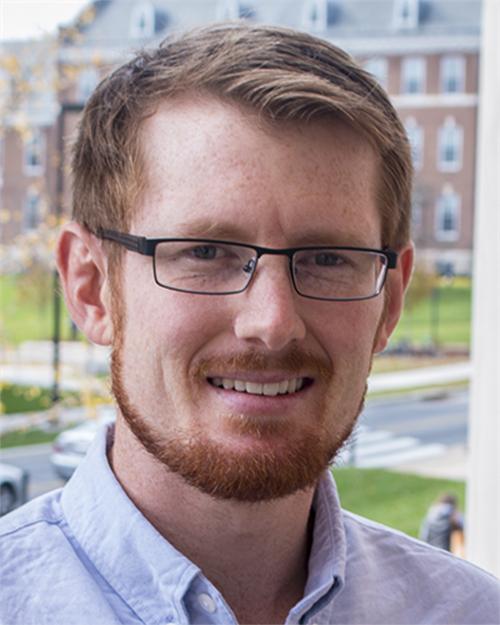
Daniel Votipka
Lin Family Assistant Professor
The Tufts Security and Privacy Lab (TSP) investigates how experts in various domains (ex. software development, network operations, and patient care in hospitals) perform routine computer security tasks. Students will work on one of several research projects in this area, supporting data collection (ex. surveys, interviews, and online data scraping), analysis (qualitative and/or quantitative), and producing scientific reports. A background in human-subjects research or computer security is helpful, but neither is necessary.
Education
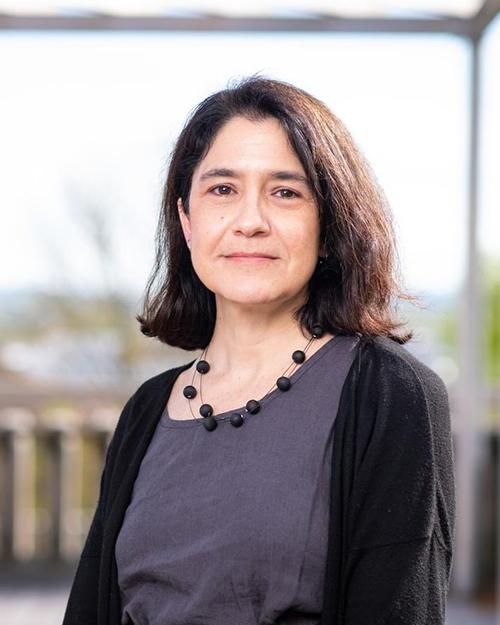
Bárbara Brizuela
Professor and Dean of the Graduate School of Arts and Sciences
Students involved in this research study will gain experience in qualitative analysis and be introduced to design-based research with young learners in a classroom setting. This study explores young children's understanding of algebra, including their engagement with algebraic thinking practices such as generalizing and representational tools such as tables, Cartesian coordinate graphs, and diagrams. This research group addresses a challenge to long-held assumptions that young children (ages 5-7) have a limited capacity to generalize, represent, and reason with relationships in ambitious ways and across a broad expanse of content. Our work has the potential to be transformative by providing clear directions regarding the design of new interventions and resources that can accelerate algebra learning in grades K-12 and inform the improvement of educational policies, practices, and resources. Candidates should be strong mathematics students with an interest in mathematics education. Ideal candidates have experience with excel and working with young learners.
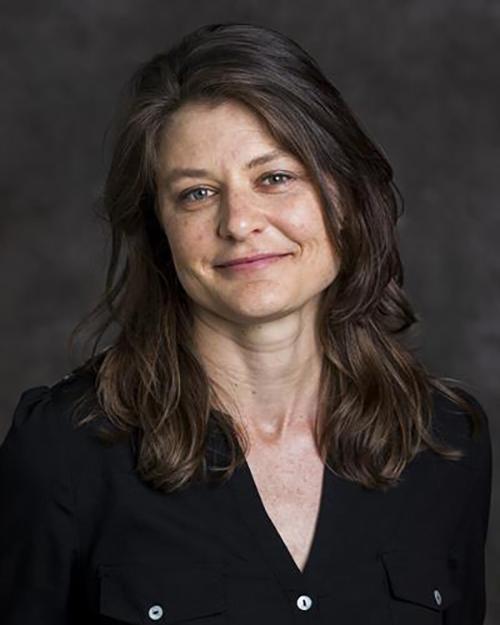
Julia Gouvea
Associate Professor of Education
Associate Professor of Biology
We are studying how college students think about biological concepts. In this project, we are interviewing students about natural selection and studying how different types of questions influence the ideas students activate. Participating in this research project will involve qualitative analysis of videotaped interviews to understand patterns of thinking about natural selection. Candidates should have a background in biology and an interest in cognition and/or education.
Electrical and Computer Engineering
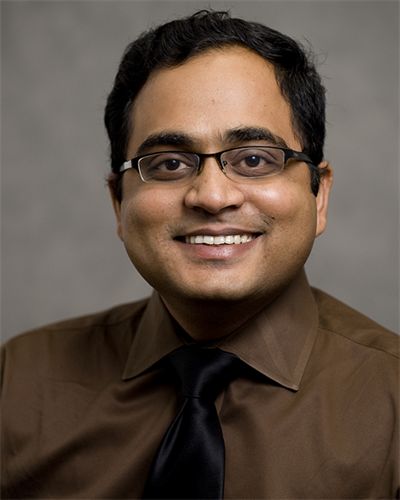
Sameer Sonkusale
Professor, Electrical and Computer Engineering
Professor, Biomedical Engineering
Professor, Chemical and Biological Engineering
Student will work on next generation off biomedical devices and bioinstrumentation. Background and interest in one or more areas is needed: circuits, electronics, 3D printing, embedded systems, microfabrication.
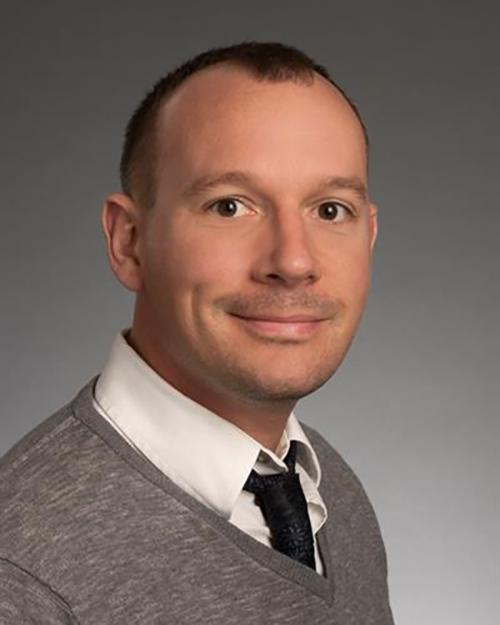
Paul Simmonds
Visiting Associate Professor
In our group, we create novel electronic nanomaterials with exciting properties for use in a broad range of applications, from quantum information science, to infrared optoelectronics. Participating students will get hands-on experience learning microscopy, spectroscopy, and other experimental techniques for measuring the properties of our materials and making direct contributions to our ongoing research projects.
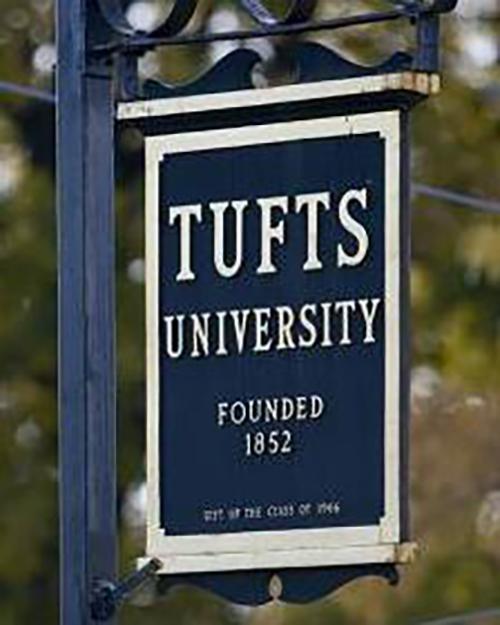
Yingjie Lao
Visiting Associate Professor
Students will work on projects related to AI security and privacy. Topics include robust AI, adversarial attacks and defense, fair AI, explainable AI (XAI), privacy-preserving machine learning, trustworthy large language model (LLM), and hardware-oriented AI security. Background in AI and machine learning is a plus. Some coding experience is required. Experience with PyTorch/Tensorflow is a big plus.
Mathematics
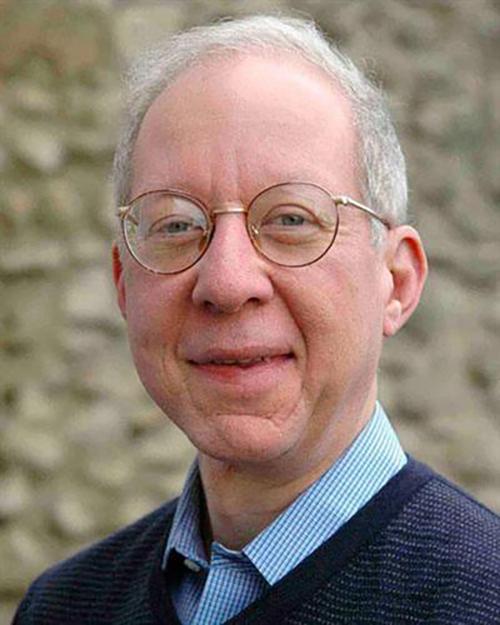
Todd Quinto
Robinson Professor in Mathematics
Students will learn about and then research a practical problem in limited data tomography (when some data are missing), such as in Compton Scattering Tomography, sonar, or X-ray CT. Students will first learn about the field and then program an algorithm for a specific problem. Students will test and evaluate the performance of the algorithm. Typically, reconstructions (pictures of objects) from limited data show only some parts of the object and produce artifacts. By looking at the reconstructions and how the data are collected, students will conjecture what the artifacts are and why they appear and then work to improve the algorithm. Desired Background: Calculus plus some knowledge of Matlab or a high-level computer language.
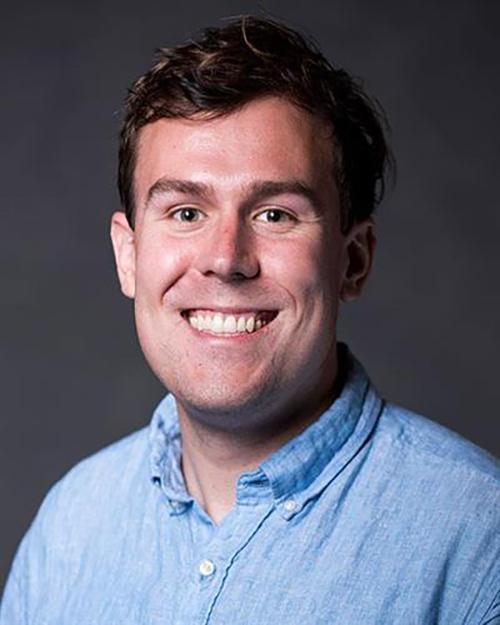
James Murphy
Assistant Professor, Mathematics
Assistant Professor, Computer Science
The students will develop new computational methods for spatial geography, with applications to measuring segregation, gentrification, and population dynamics. Students should have some background in math (linear algebra, optimization) and computer science (Python coding experience, algorithms). Students will work on theoretical mathematics, develop new algorithms and software, and analyze real data.
Mechanical Engineering
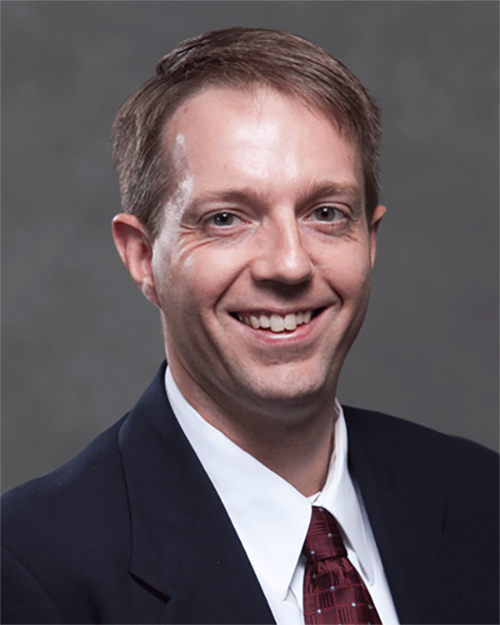
Robert White
Associate Professor
Students are invited to work on projects in aerodynamic measurement technologies and acoustic sensing. Project work will involved computational modeling, hardware development, and sensor testing in target environments. Recent work includes ultrasonic wind measurement systems for Mars, Uranus, and Earth's stratosphere, low power underwater hydrophone arrays, microphone arrays for reliability assurance in superconducting magnets, and shear sensors for wind tunnel turbulence studies. Many of our projects include a microfabrication component in a semiconductor manufacturing environment. Students should be interested in electromechanical systems, sensors, signal processing, microfabrication, and the measurement of sound. Applicants are invited at all levels. A background in engineering or the physical sciences is needed.
Physics and Astronomy
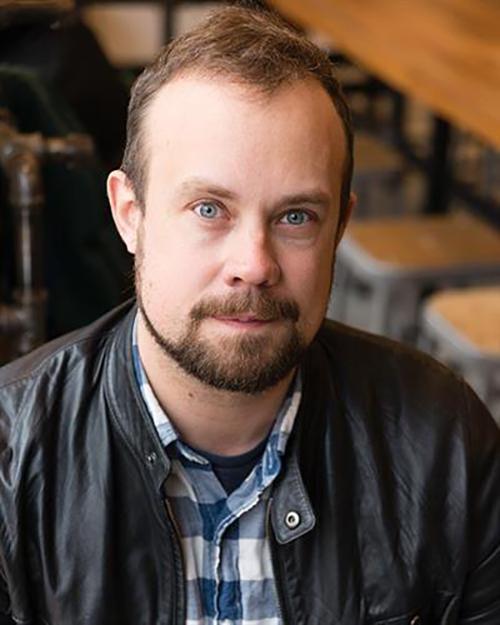
Tim Atherton
Tim Atherton
Associate Professor
Our group studies how shape, structure and function intertwine in soft materials, a class of matter than encompasses everything from soap films to foods, biological materials, liquid crystals and granular matter. Students working with me use mathematics, computation, machine learning and AI methods to understand and predict the physics of these beautiful materials. A variety of projects are available depending on the student’s expertise and goals, and students typically present their work at local and national conferences.
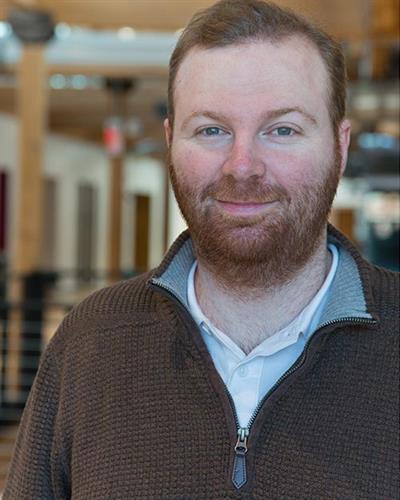
Mark Hertzberg
Associate Professor
The student will engage in research in the field of theoretical cosmology. Topics can include dark matter, theoretical aspects of gravity, and connections to particle physics. The student will perform comparisons between theoretical predictions and data. Prerequisites include some background in math and physics and preferably some computing experience.
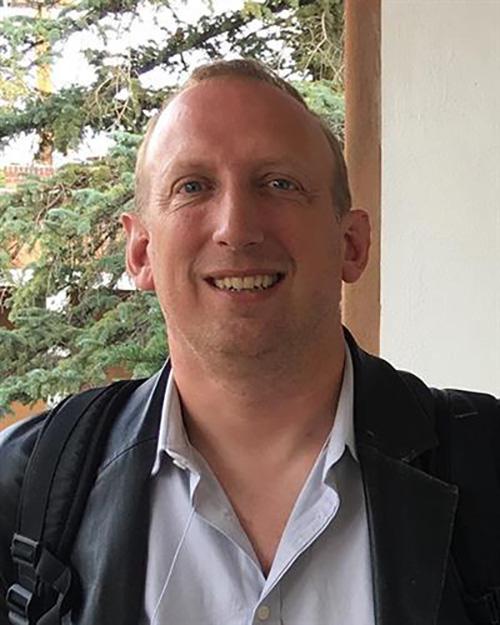
Peter Love
Professor, Physics & Astronomy
Professor, Computer Science
Research in quantum computation and quantum information. Course on modern physics a minimum prerequisite, one semester of quantum mechanics preferred.
Psychology
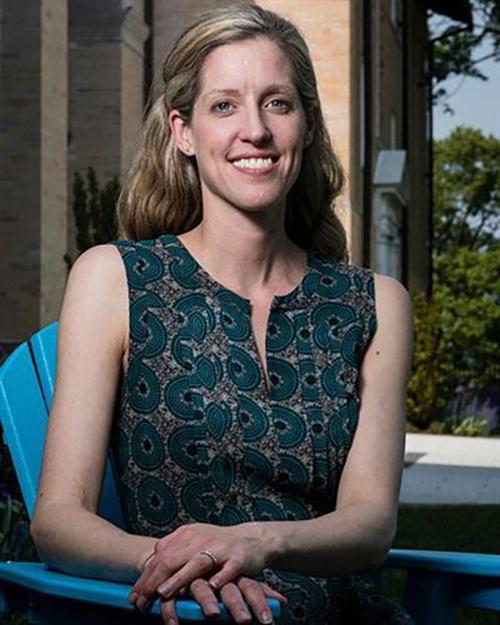
Elizabeth Race
Associate Professor
The Integrative Cognitive Neuroscience Lab studies the cognitive and neural mechanisms that support human learning and memory. Of special interest is how the brain uses prior knowledge and regularities in the environment to support short-term and long-term memory. Planned projects will address these topics using a combination of cognitive neuroscience techniques, including functional neuroimaging (fMRI) and electroencephalography (EEG), and by studying the behavior of healthy older and younger adults as well as clinical populations with memory loss, such as patients with Parkinson's Disease.
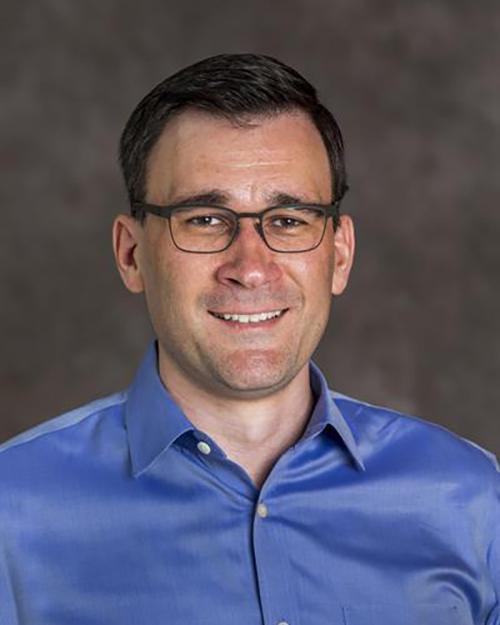
Paul Muentener
Associate Professor
The Cognitive Development Lab focuses primarily on the development of causal learning and exploration across childhood. Current and planned projects focus on how experiences with failure support children's causal learning, how causal reasoning influences children's spatial language development, and how parent-child and educator-child interactions influences how children explore, talk, and learn about cause and effect.
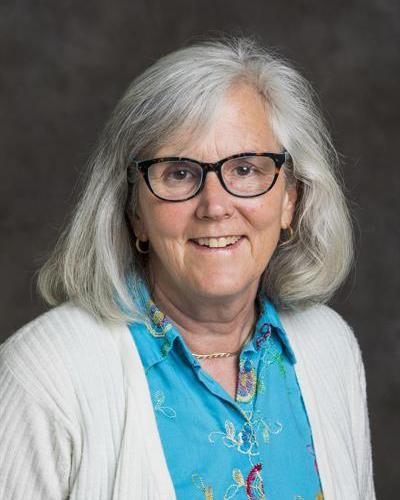
Holly Taylor
Professor, Psychology
Professor, Mechanical Engineering
Students in the lab will assist with a project examining the role of acute and long-term stress on cognition (decision making and memory), with implications for emergency first-responders. They will contribute to lab-based data collection, evaluating qualitative and quantitative data, and conducting a relevant literature review. Ideal candidates have some knowledge of the psychological research process, exhibit attention to detail, and can work both independently and collaboratively.
School of the Museum of Fine Arts at Tufts
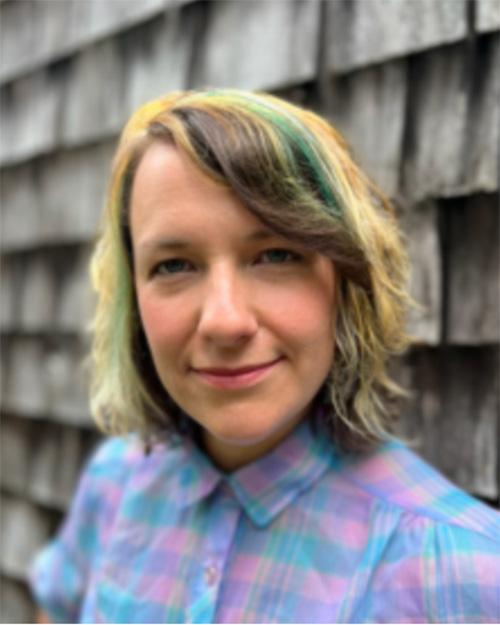
Leslie Rogers
Professor of the Practice
Students will develop, maintain, and cultivate natural dyes from a dye garden located in the Fenway Victory Gardens, walking distance from the SMFA. The garden is planned with consideration for environmental sustainability and utilizes current and historical ecological remediation practices developed within the textile industry. Students will learn about the agricultural, natural, and trade-based histories of the dye and fiber crops they are cultivating and stewarding. They will develop skills in working with natural fibers and pigment sources with a perspective on the ecological impact and sustainability practices in the field of textiles.
Urban and Environmental Policy and Planning
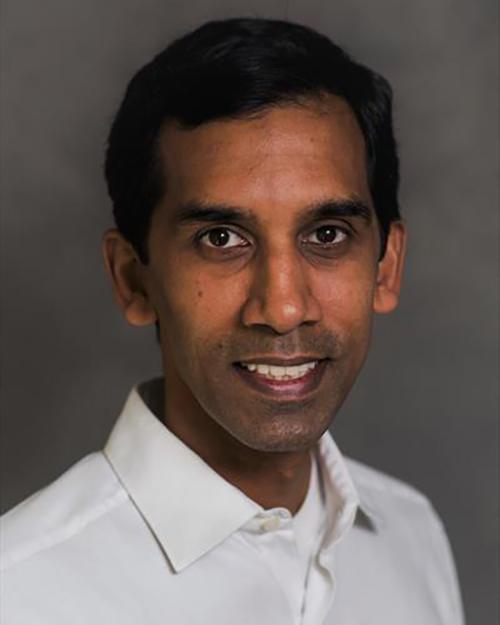
Shomon Shamsuddin
Associate Professor
Students will evaluate different types of housing challenges and policy responses. Topics may include affordability, connections between housing and health, emergency rental assistance, and tax credits. A focus will be on investigating the social and spatial consequences of housing development for low-income households. Students may be involved in data collection, data analysis, searching for related literature, or writing papers, based on experience and interests.
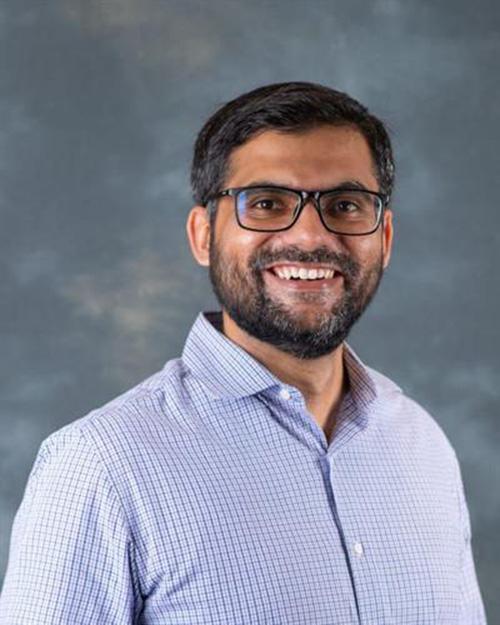
Hassaan Furqan Khan
Assistant Professor
The Karachi Water Project aims to develop technological and policy-based solutions to water challenges in South Asian megacities. Students will investigate the impact of water and sanitation access on quality of life outcomes in informal settlements. Major activities will include reviewing literature and stakeholder interviews followed by data wrangling and analysis (including statistical modeling and GIS). Students should have a background or interest in environmental science, urban planning, or related fields.